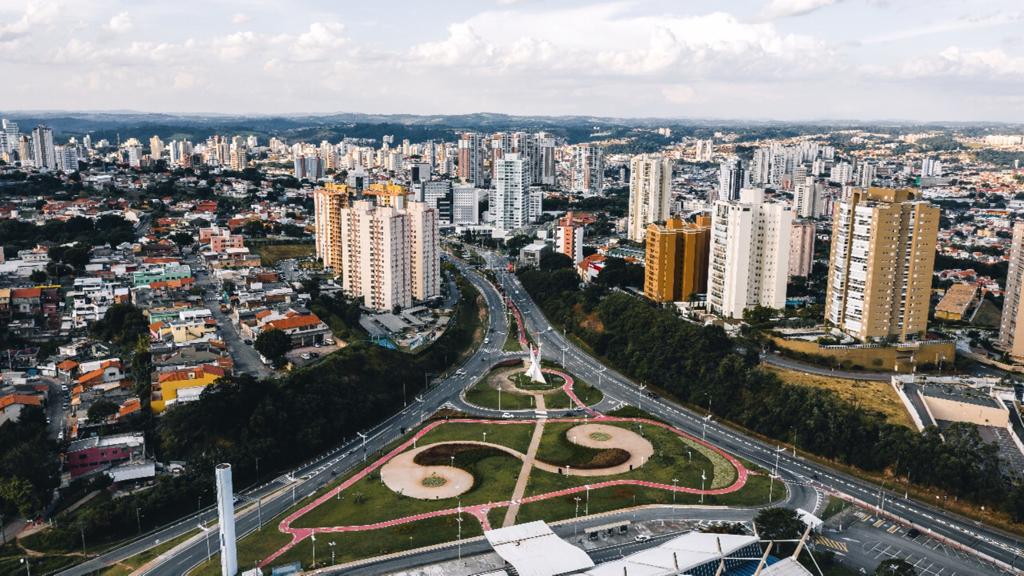RIO DE JANEIRO, BRAZIL – Worldwide, the novel coronavirus is decimating public accounts, but Jundiaí, a city located halfway between São Paulo and Campinas, is experiencing something different. In full pandemic, the city had its rating raised by the Austin Rating committee to brAA (“double A”), one of the highest. It was formerly rated brAA- (double A minus).
In a meeting last week, the risk agency decided that the city had a high capacity to honor its financial and fiscal commitments, maintaining a low level of indebtedness and with a primary surplus of R$10.8 million in 2019.
In the first four months of 2020, a period also analyzed, there was no uncontrolled spending due to the pandemic.

“In a joint normative instruction issued on April 17th, 2020, the head of the Government and Finance Unit and the head of the Administration and People Management Unit, using their legal powers and focusing on prioritizing public resources in healthcare initiatives, reduced expenses to adjust to real revenue, as well as adopting a prudent stance with regard to the revenue and expenditure targets established in the budget law; they also implemented several instructions and provided financial and healthcare data related to the pandemic on the city’s official website, which strengthens the principles of transparency and fiscal austerity,” writes Austin Rating’s Chief Economist Alex Agostini in the report.
In addition to the ability to comply with public accounts standards, Jundiaí also stands out for several other reasons: a significant increase in IPTU (urban property tax) collection, which reflects the region’s sound economic development; positive basic infrastructure, with the record of positive social indices, including ranking fourth in Human Development Index (HDI) for the state of São Paulo and 11th in the nation; sound logistical infrastructure due to its closeness to the capital; and modernization and efficiency improvement in tax collection procedures, with the adoption of electronic programs and incentives to use online services.
Agostini opines that Jundiaí’s financial situation is a great example showing that good management, even in adverse situations such as that inflicted by the pandemic, produces positive results. He further states that it reduces the municipalities’ dependence on the state and federal governments.
“In the pandemic, there are people who cry and there are people who sell handkerchiefs, right? So, just as we see municipalities with corruption issues almost daily, without cash to pay extra expenses brought about by Covid-19, we also see other cities doing important work,” Agostini says.
Focus on technology, health, and education
Other factors that have positively influenced the city’s risk analysis are the investments made in the technology area, according to the Austin Ratings report. Currently, Jundiaí, which has always been known for its grapes and wines, has become each year a technological hub of international investment attraction.
According to the ranking Average Cities of the Future 2019/20, Jundiaí ranks third in the Americas in cost-benefit for attracting foreign investment, behind San José, in Costa Rica, and San Salvador, in El Salvador. The publication is produced by Foreign Direct Investment Strategy magazine, of the British Financial Times group, which provides a guide for companies looking for places to invest.
“The indebtedness incurred by the city has a great focus on improving infrastructure. In other words, in the long term this is a debt that will turn into revenue because it will attract new investments,” says the mayor of Jundiaí, Luiz Fernando Machado.
According to him, last year the city completed an investment of over 340 kilometers of fiber optic cables in the city. It is also part of Jundiaí’s history to be involved in the National Bank for Economic and Social Development (BNDES) programs that encourage investments in technological modernization. “This is a differential for the smart city we want to achieve.”
In the report, the risk agency also points out that Jundiaí invests more in health and education than the figures provided for in the federal constitution, “exceeding the minimum limits by 27.80 percent in the area of health in 2019 – a minimum limit of 15 percent of tax revenue – and in education by 29.35 percent – a minimum limit of 25 percent of tax revenue”.
The relationship between the municipal executive and legislative branches is also on the list of features justifying the city’s ranking. According to Machado, the City Council and City Hall are aligned to ensure the review of measures submitted by the Executive for the improvement of the municipality. “We understand that smooth relations preserve the city’s legal security and benefit the community.”
Source: Exame

